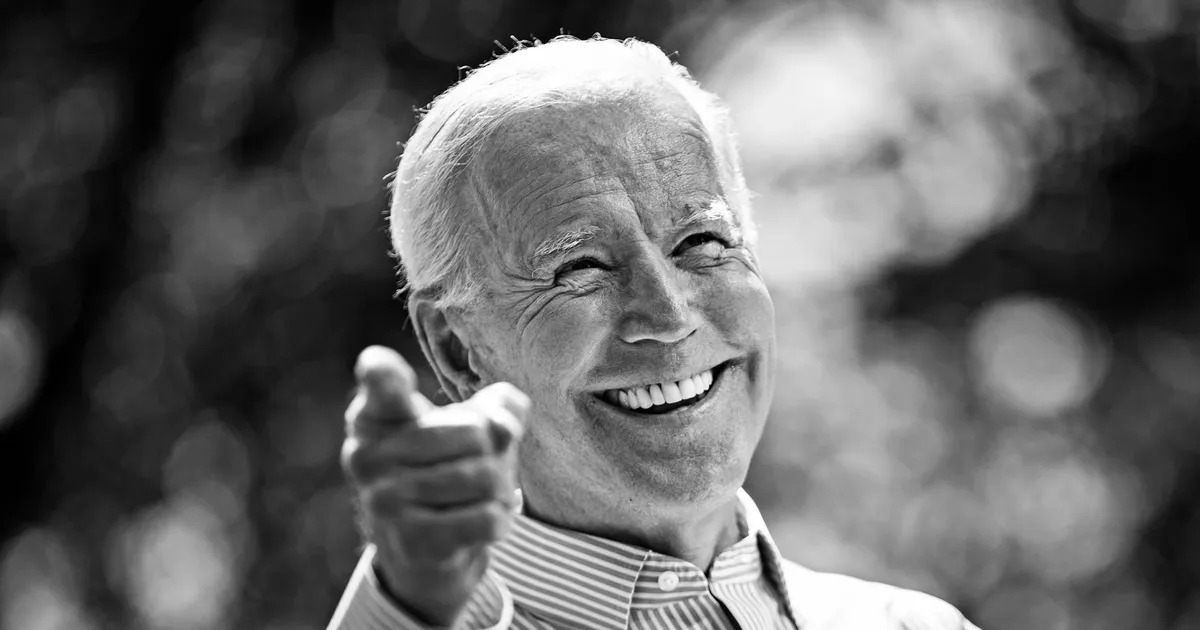Joe Biden has extended pardons for individuals charged with simple cannabis possession and use, yet disappointingly, he has refrained from granting clemency to those currently incarcerated for cannabis-related offenses.
In an extension of the previous year’s extensive federal pardons for cannabis possession, Joe Biden has issued additional pardons for thousands of individuals convicted of simple cannabis use and possession on federal lands and in Washington D.C., according to the Associated Press.
The White House recently announced granting clemency to 11 individuals who have been incarcerated for nonviolent drug offenses, acknowledging the unjustly lengthy sentences they have served.
However, it is essential to note that these pardons do not lead to the immediate release of any current prisoners serving time for cannabis-related offenses.
Rather, the purpose behind these pardons is to tackle the obstacles that individuals face in seeking employment and housing opportunities due to their past cannabis convictions.
This signifies a symbolic shift in the federal government’s approach to cannabis convictions, aiming to support individuals reintegrating into society.
Komorn Law is Michigan’s top cannabis law firms when it comes to licensing, consulting and legal defense.
Call them if you’re thinking about venturing into the marijuana business in Michigan (248) 357-2550
Biden said that the pardons would help make the “promise of equal justice a reality,” the report said.
“Criminal records for marijuana use and possession have imposed needless barriers to employment, housing, and educational opportunities. Too many lives have been upended because of our failed approach to marijuana. It’s time that we right these wrongs.” – President Joe Biden, via the AP
President Biden has restated his desire for U.S. governors to nullify state cannabis convictions. He emphasizes the importance of this action, aligning with his ongoing commitment.
“Just as no one should be in a federal prison solely due to the use or possession of marijuana, no one should be in a local jail or state prison for that reason, either.”
Officially, cannabis remains federally prohibited under the Controlled Substances Act as a Schedule I substance. This classification is reserved for substances that are considered to lack any currently accepted medical use and have a high potential for abuse.
However, the U.S. Department of Health and Human Services recommended in August that cannabis be moved from Schedule I to Schedule III.
More Posts
No Results Found
The page you requested could not be found. Try refining your search, or use the navigation above to locate the post.





